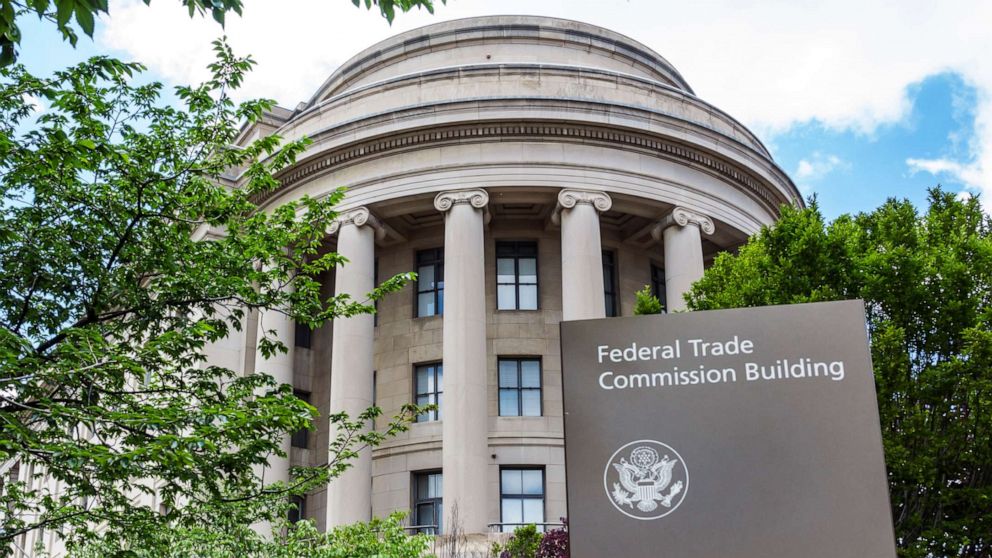/s3/static.nrc.nl/wp-content/uploads/2021/05/web-2605binshell.jpg)
A substantial number of large corporations would have us believe they are in the forefront of the efforts to address issues such as climate change, inequality and racial injustice. They brag about their commitment to corporate social responsibility and claim to be devoted to high-minded ESG (environmental, social and governance) principles in their operations.
There are two big reasons to be skeptical about this self-congratulatory stance. The first is that Big Business is often the cause of those problems, not the solution. The second is that the remedial measures companies claim to be taking often turn out to be illusory.
Two recent developments suggest that that corporations may be unable to go on running these cons. In an unprecedented ruling, a court in the Netherlands ordered petroleum giant Royal Dutch Shell to cut its carbon dioxide emissions sharply to align with the Paris agreement on climate change. This was said to be the first time a company faced a legal mandate of this kind. What made the decision even more significant is that Shell was held responsible not only for its own emissions but also those of its supply chain. This suit, brought by environmental groups, was a legal breakthrough for the climate movement.
Yet, the ruling was also consequential in that it challenges the notion that corporations should be allowed to make their own decisions on how to address environmental and social goals. And in that sense it rocks the foundations of ESG, which is built on the idea of voluntary measures. Companies have gotten a great deal of mileage out of making claims about what they have done or plan to do. Many of these statements cannot be verified, and there is no enforcement mechanism for holding corporations to their promises.
Much of what goes by the name of corporate social responsibility is a method of warding off more stringent government regulation by claiming that the private sector can address the issues on its own.
Shell is a prime example of a company that says one thing and does another. On its website, the company claims that its commitment to sustainability dates back to 1997 and that it works “to embed this sustainability commitment into our strategy, our business processes and decision-making.”
Yet during this same quarter-century, Shell has been embroiled in an ongoing controversy over its practices in Nigeria. Environmental groups alleged that the company’s operations were responsible for a large number of pipeline ruptures, gas flaring and other forms of contamination that also contributed to greenhouse gas emissions. The Nigerian government responded to protests with a wave of repression, including the arrest and killing of prominent activist Ken Saro-Wiwa. Shell denied it was involved, but critics pointed to the role played by the company in supporting the military dictatorship.
A lawsuit brought by Friends of the Earth Netherlands and four Nigerian farmers was filed in a Dutch court, alleging that spills from Shell pipelines damaged the livelihood of the farmers. The case dragged on for years, but in early 2021 the Hague Court of Appeal finally issued a decision on the case, ruling that Shell had to pay compensation to the farmers and install equipment to prevent future pipeline leaks.
Shell is not the only oil major on the hot seat. After years of leading the corporate climate denial effort, Exxon Mobil claimed to be changing its stance. It may have abandoned the overt denialism, but it resisted taking significant steps to reduce its carbon footprint. Now, institutional investors have run out of patience.
Led by an upstart hedge fund called Engine No.1, investors succeeded in electing two members to the Exxon board against the wishes of CEO Darren Woods. Those directors vowed to use their position to press the company to move toward carbon neutrality.
The two will be a minority on the board, but their election will make it harder for Woods to ignore the calls for Exxon to do more to address the climate crisis.
The revolt within Exxon and Shell’s legal setbacks will not by themselves transform business, but they are indications that large corporations may find it increasingly difficult to rely on vague commitments and instead may have to take concrete, enforceable measures to address climate change and other urgent issues.


